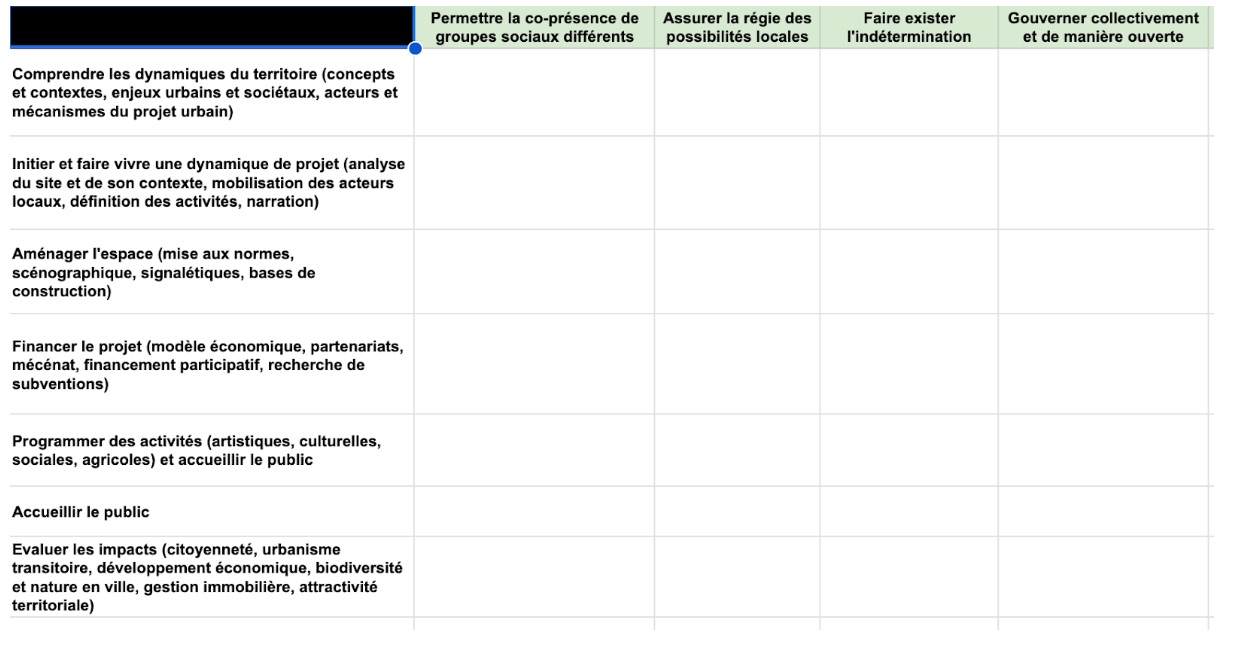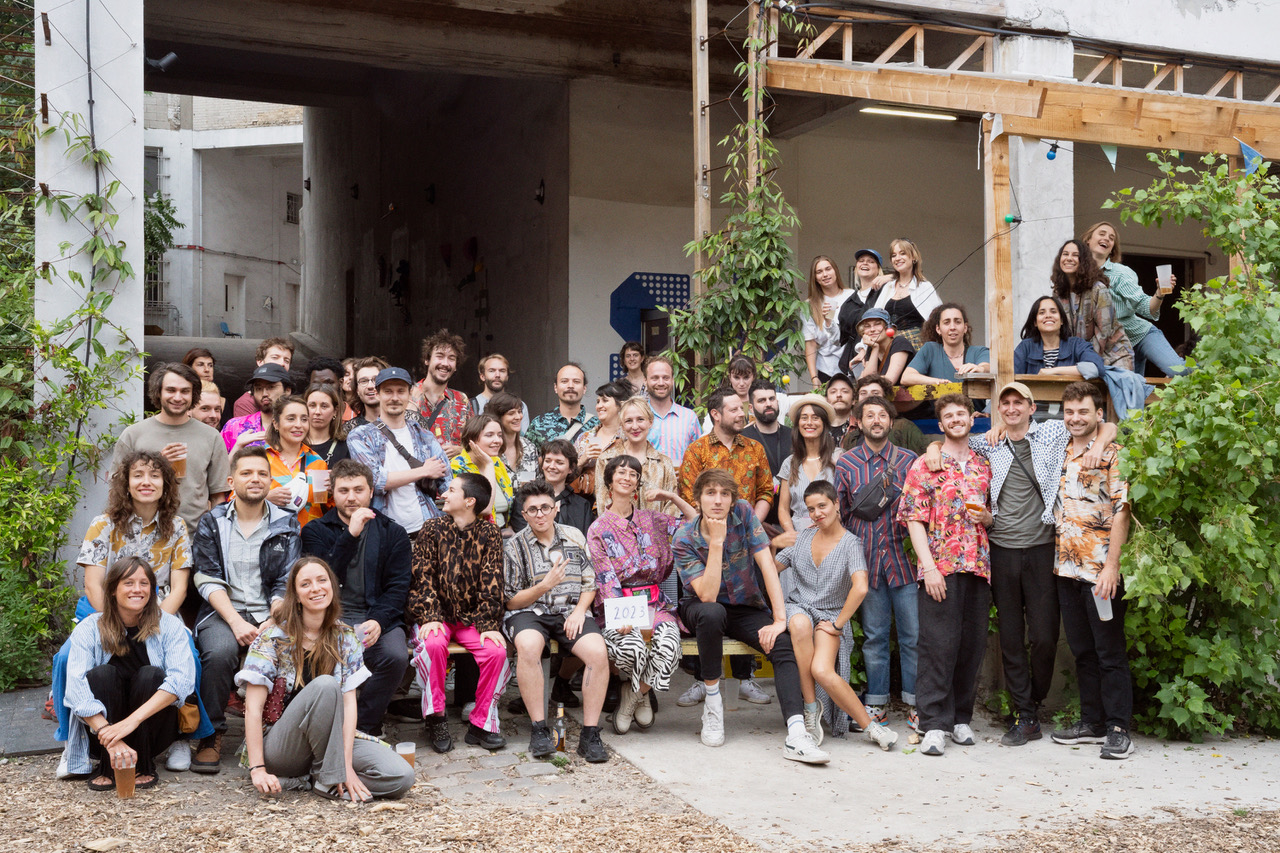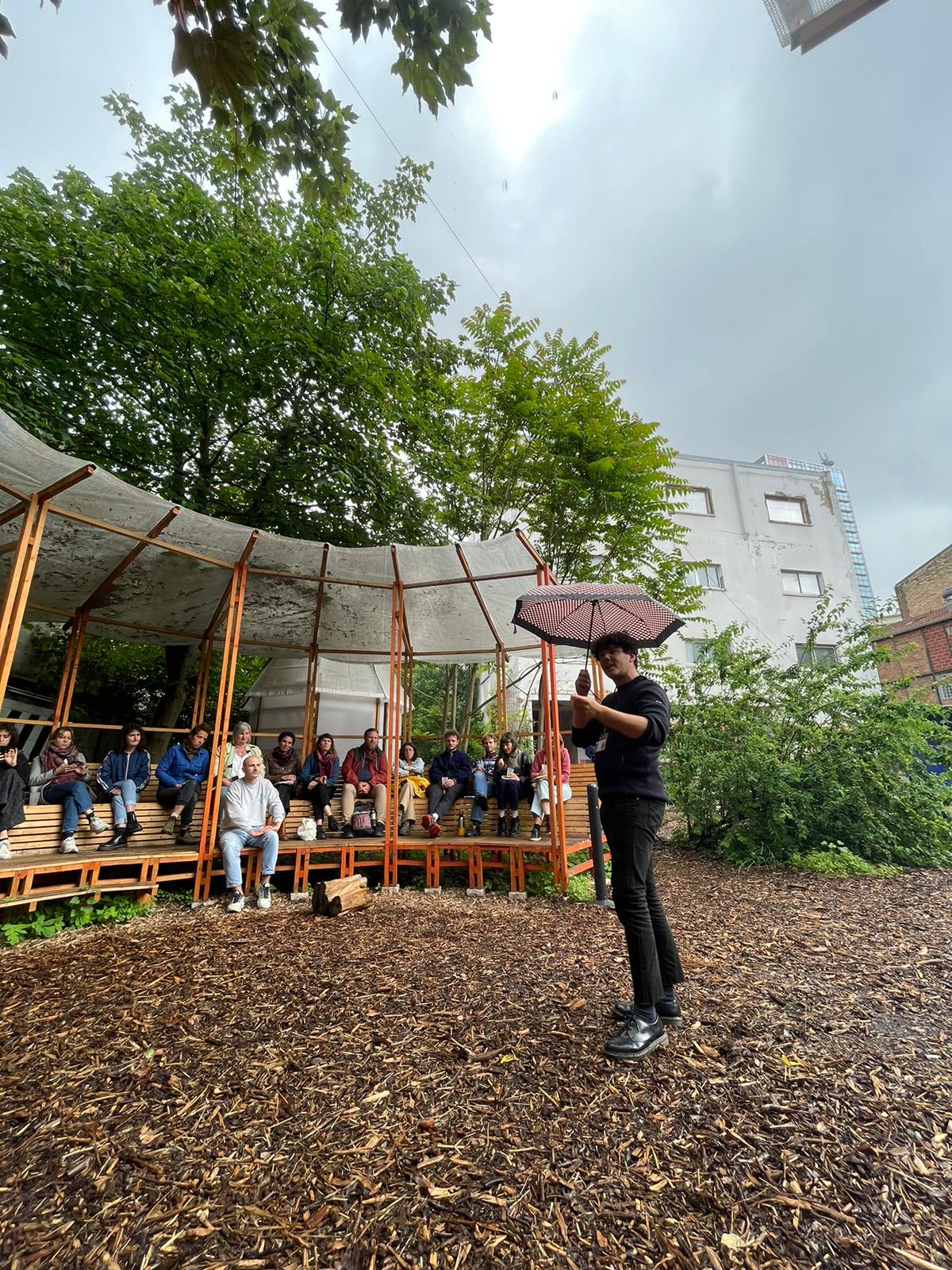Common spaces becoming VET: the case of ANCOATS
In recent years, the role of third places in France has evolved beyond community engagement and co-creation. Today, they are also becoming key players in education and training. According to the Observatoire des Tiers-Lieux (2023), there are over 30,000 direct jobs tied to third places, with 137,000 volunteers and 380,000 association members involved.
A quarter of these spaces even involve occupants directly in their governance. These figures point to a need: professional training for those who make third places thrive.
To address this, initiatives have emerged to define and structure the necessary competencies. One of the most comprehensive efforts comes from the collaboration between Yes We Camp, Ancoats, and Gustave Eiffel University, who developed a skills framework for "common space workers".
This framework blends project-based skills (like layout design, communication, budgeting) with unique competencies specific to the commons (like inclusive governance, co-presence of diverse groups, and managing open-ended processes).

Skills reference framework for common spaces, combining : 1) project skills (layout, financing, programming, welcoming the public, evaluation, communication, storytelling, diagnosis, etc.) 2) skills specific to common spaces: enabling the co-presence of different social groups, ensuring the governance of local possibilities, bringing indeterminacy into existence, governing collectively and openly.
Several training programs
These efforts have materialized into several training programs:
- the Espaces Communs University Diploma, a 140-hour course offered by Yes We Camp, Ancoats and the Université Gustave Eiffel
- the “Piloter un tiers-lieu” training course run by the Réseaux Régionaux de Tiers-Lieux and initiated by the Coopérative Nouvelle Aquitaine
- the “Le Campus des Tiers-Lieux” training course run by Sinny & Ooko
- the “Tiers-lieux et dynamiques territoriales” master's program at the University of Valenciennes
- training courses on “Reinventing cultural facilities in the era of third places” offered by the Observatoire des Politiques Culturelles and the CNFPT for public-sector employees
- AFPA's “Gestionnaire de tiers-lieu” professional training course.

DEFFINOV Tiers-lieux program
A significant national policy backing this evolution is the DEFFINOV Tiers-lieux program, launched in 2023 by the French Ministry of Labor, the ANCT, and regional authorities. With a budget of €50 million, this initiative aims to strengthen the role of third places as accessible and innovative training environments. It supports projects that diversify training venues, integrate digital and immersive teaching methods, and encourage shared use of costly resources. As part of France’s Training Transformation Plan and Recovery Strategy (financed by the EU), DEFFINOV is helping embed learning-by-doing in local contexts. Calls for projects are coordinated regionally under a shared national framework.
The case of Ancoats
In parallel, Ancoats began integrating practical training modules in its own ecosystem. Since 2017, these modules—covering fundraising, governance, budgeting, evaluation—were informal and built into their support for local authorities and project leaders. With the launch of Le Sample in 2021 and support from the French Ministry of Culture, these trainings became more structured and accessible to vulnerable groups such as small associations, artists, and citizen collectives.
Today, Ancoats offers tailored training to the 70 artists in residence at Le Sample. Topics include project administration, collective organization, and resource mobilization. These educational initiatives take place not only at Le Sample but also in collaboration with universities and even an elementary school that uses the space weekly, fostering contextual and hands-on learning.
In 2023, Ancoats took a decisive step: becoming a certified training organization by obtaining Qualiopi accreditation. This milestone formalized its offer and unlocked new funding channels for participants, such as employer contributions or public schemes.
What it produced
Structured curricula rooted in real-life third place challenges.
Increased access to professional training for precarious groups.
Stronger partnerships between civic spaces and academic institutions.
Formal recognition of training through Qualiopi.
National-level support through DEFFINOV to encourage pedagogical innovation and inclusion.
“These figures point to a need: professional training for those who make third places thrive.”
"Fostering contextual and hands-on learning means that a school, a university, and an artist can all learn side by side."
“A framework that blends project-based skills with unique competencies specific to the commons.”
“In third places, learning doesn’t happen in classrooms—it grows between a project brief and a shared meal.”

